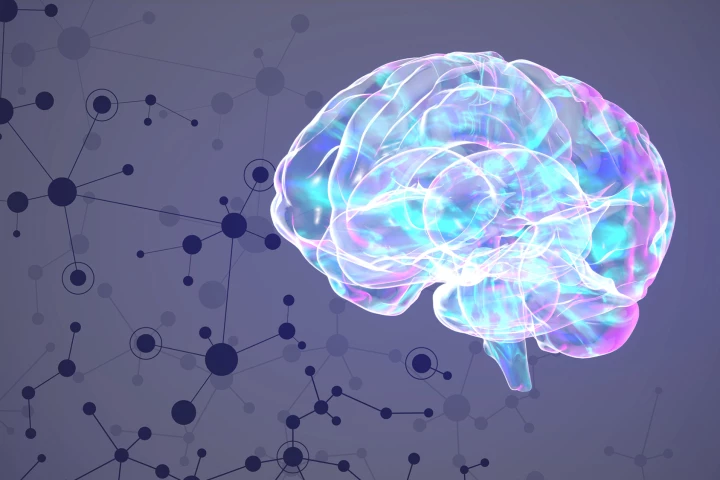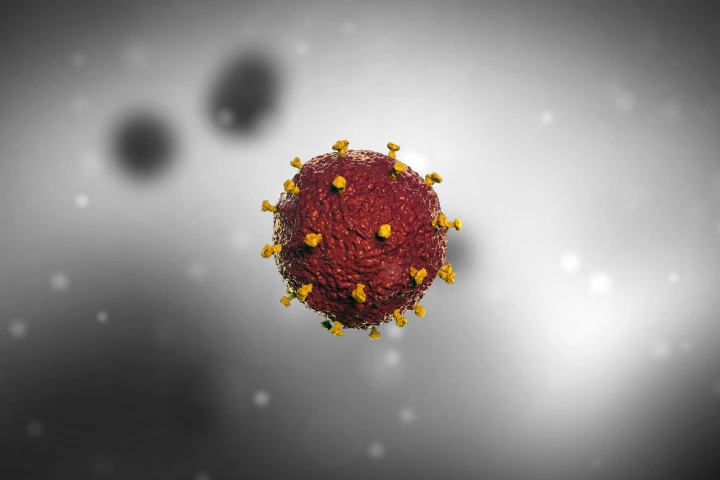Drug
-
A promising new treatment to combat "undruggable" cancers has been green-lit for a human trial. It's hoped the novel drug will be able to stunt the growth and enable the effective treatment of cancers driven by the MYC oncogene and its MYC protein.
-
Spinal muscular atrophy is a debilitating genetic condition that’s usually fatal by a few years of age. But an intriguing case study might demonstrate a simple new treatment, with a child showing no signs at all two and a half years after birth.
-
One of cancer’s deadliest tricks is its ability to spread to other organs. An existing cardiac drug has now been found to reduce the risk of metastasis by dissolving circulating clusters of breast cancer cells in patients.
-
HIV has become a more manageable condition in recent years, but a full cure remains elusive. Now, scientists have found promise in permanently eliminating the virus, thanks to a drug already approved by the FDA to fight cancer.
-
An Australian biotech company developing next-gen anti-inflammatory drugs has announced its breakthrough dementia treatment, designed to preserve the integrity of vital brain cell structures and protect them against destruction caused by brain inflammation.
-
Scientists have demonstrated a creative new way to kill cancer cells effectively, with few side effects. Gluing two particular proteins together tricks the tumors into destroying themselves.
-
In a much-needed update to 2003 data on attention-deficit/hyperactivity disorder in the US, a new report has found that 15.5 million American adults have been diagnosed with the condition – and many have been let down by poor access to treatment.
-
Taking a pill is the easiest, least invasive way to take medicine, but sadly not all drugs work that way. Now, Stanford scientists have found “an embarrassingly simple solution” that could make almost any drug molecule effective in oral pill form.
-
In a medical emergency, quick treatment is critical. But a widely used drug could be repurposed to induce a hibernation-like state, to slow down organ damage and save lives by giving patients more time to reach a hospital.
-
A twice-a-year injectable drug has been shown to be 100% effective in preventing the spread of HIV, according to the first data from a clinical trial. If approved, the drug offers another preventive option and puts us a step closer to eradicating HIV.
-
A slow-release, twice-a-week ketamine tablet significantly reduced depression symptoms, according to the results of a clinical trial. The tablet can be taken at home without medical supervision, making it more convenient than current ketamine treatments.
-
A once-a-day oral drug to treat prediabetes has produced very promising results in human trials, significantly reducing blood glucose levels. The novel drug could prevent or slow the progression from prediabetes to type 2 diabetes.
Load More











